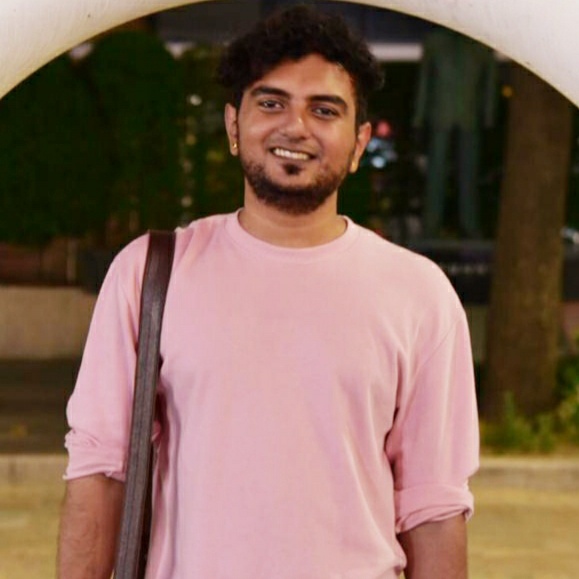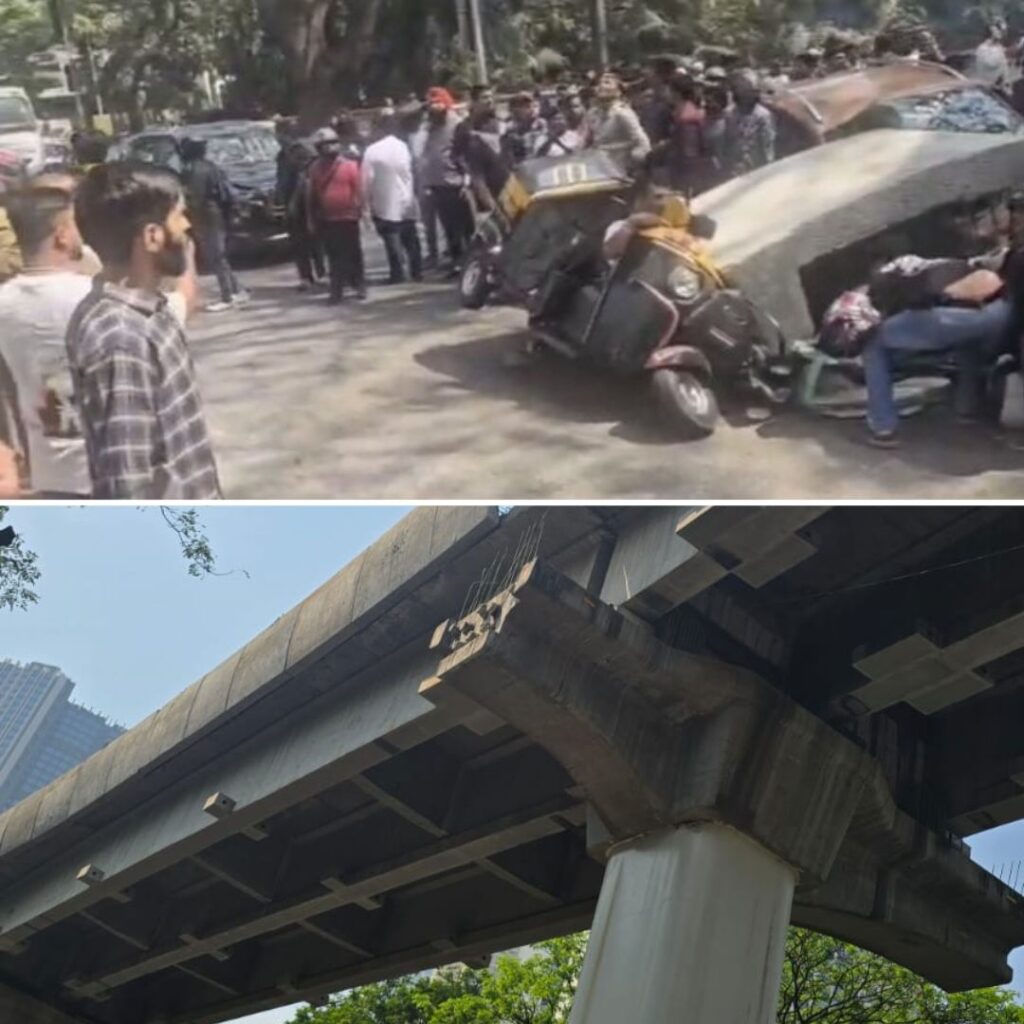In a landmark decision, the Tamil Nadu government banned sex-assignment surgery on intersex infants.
The decision came post the Madras High Court order which directed the Department of Health and Family Welfare in April to ban the practice.
Ban On Sex Assignment Surgeries On Intersex Infants
Noting that there are about 40 different recognised types of intersex variations the government order said, “Intersex variation can be picked up at any time during life. It is not something that is obvious from birth. The term ‘intersex’ refers to people born with physical and biological sex characteristics that are more diverse than the stereotypical definition for male and female bodies.”
The government order said that the decision was taken in lieu of the various factors and the opinions of experts. However, the sex assignment surgeries, may be allowed in life-threatening situations. Whether a particular case is life-threatening or not will be decided on the recommendation of a committee formed by Director of Medical Education (DME), comprising of Paediatric Surgeon/Urologist; Endocrinologist; Social worker/psychology worker/intersex worker; and a government representative not below the rank of undersecretary to the government.
This order also directs the DME to ensure that the exceptional clause is not misused.
Landmark Madras HC Judgement
This government order came on the heels of the Madras High Court judgement of April this year. Justice GR Swaminathan was hearing the case related to the marriage of a transgender woman with a cisgender man when it gave this order.
Justice GR Swaminathan, who as an advocate fought for voter ID cards of transgenders, said, “When a child is born it is usually endowed with male genitalia or female genitalia. But there are children who are born with genitalia that belongs to neither category. They are known as intersex children. They must be given their time and space to find their true gender identity.”
The judgement referred to the report of World Health Organisation titled-’Sexual Health, Human Rights and the Law’. The report says that the intersex genital mutilation (IGM) should be deferred until the intersex persons are old enough to make the decision.
The court said, “The parents must be encouraged to feel that the birth of an intersex child is not a matter of embarrassment or shame. It lies in the hands of the Government to launch a sustained awareness campaign in this regard.”

The court made special mention of intersex worker/activist Gopi Shankar who had written to the NHRC regarding the issue. “It is a first major normative step towards a comprehensive legal protection regime for intersex children. Tamil Nadu is also the first state in the country to have fundamental recognition of infants by the judicial body,” Gopi Shankar told The Logical Indian.
Gopi Shankar-led Srishti Madurai movement, which works for the welfare of intersex persons, recommended a few steps ‘for strengthening and enforcement mechanism of the order’. The recommendations include, listing specific medical surgeries which have been banned, prescribe a ‘Standard Medical Protocol’ and accreditation process for specialized centres, prescribe guiding principles for the committee constituted by DME, rules for Conduct of Business for the committee constituted by DME, directive to give special attention to concerns of the intersex community, and include a penal clause for violation of the ban.













